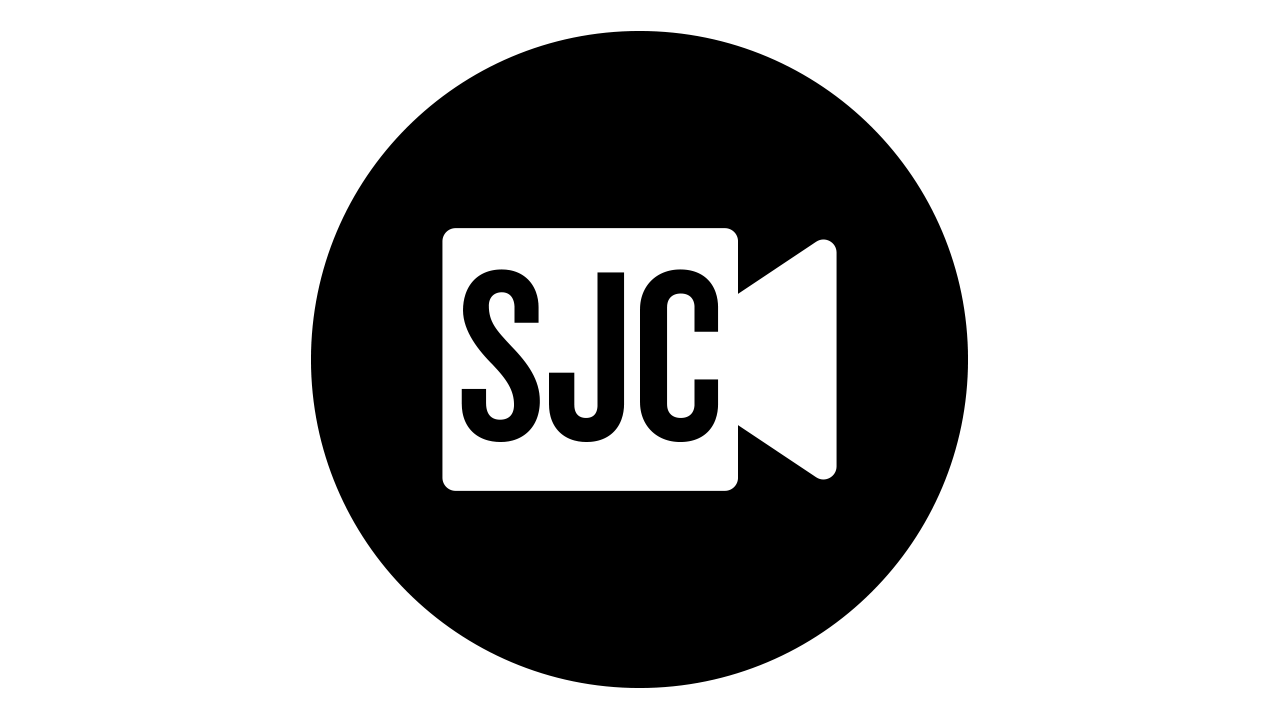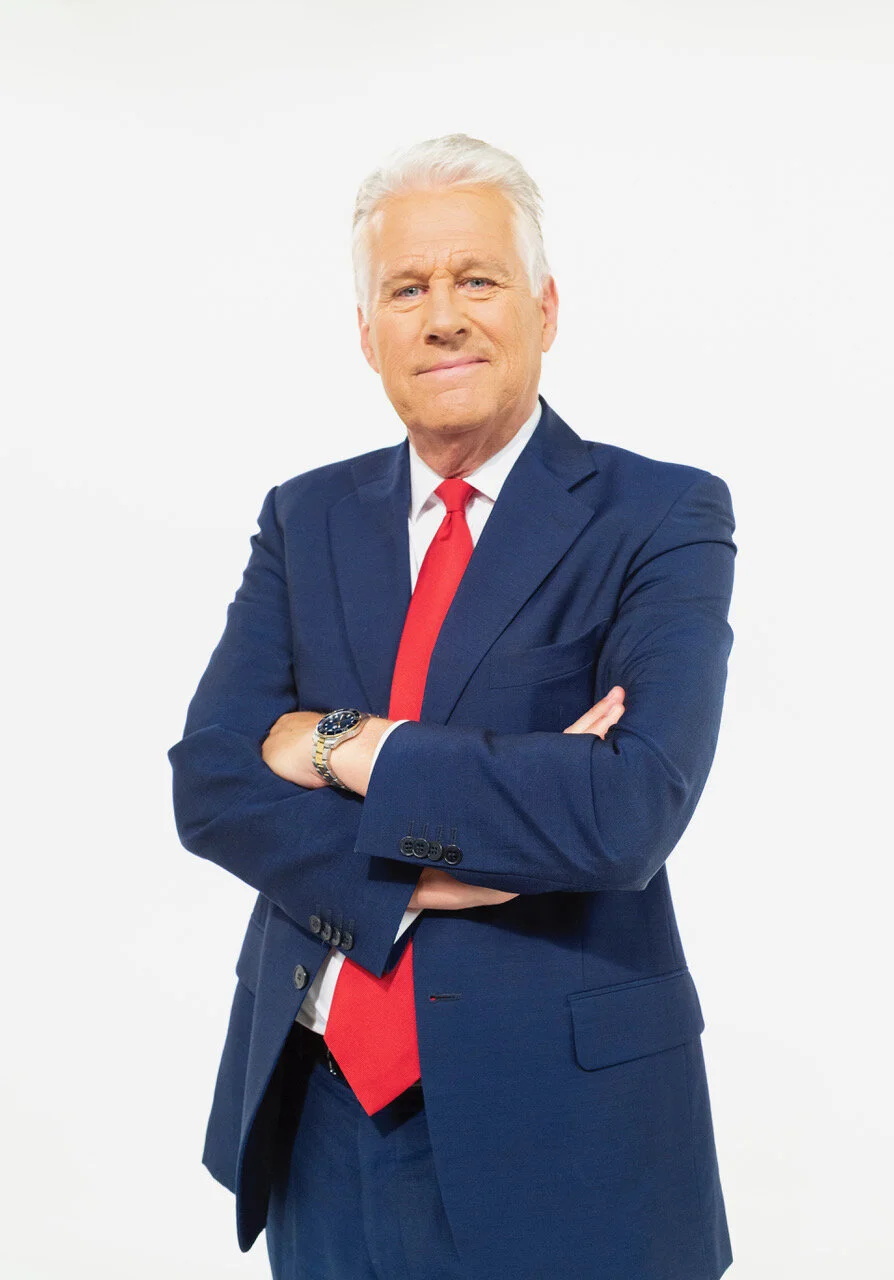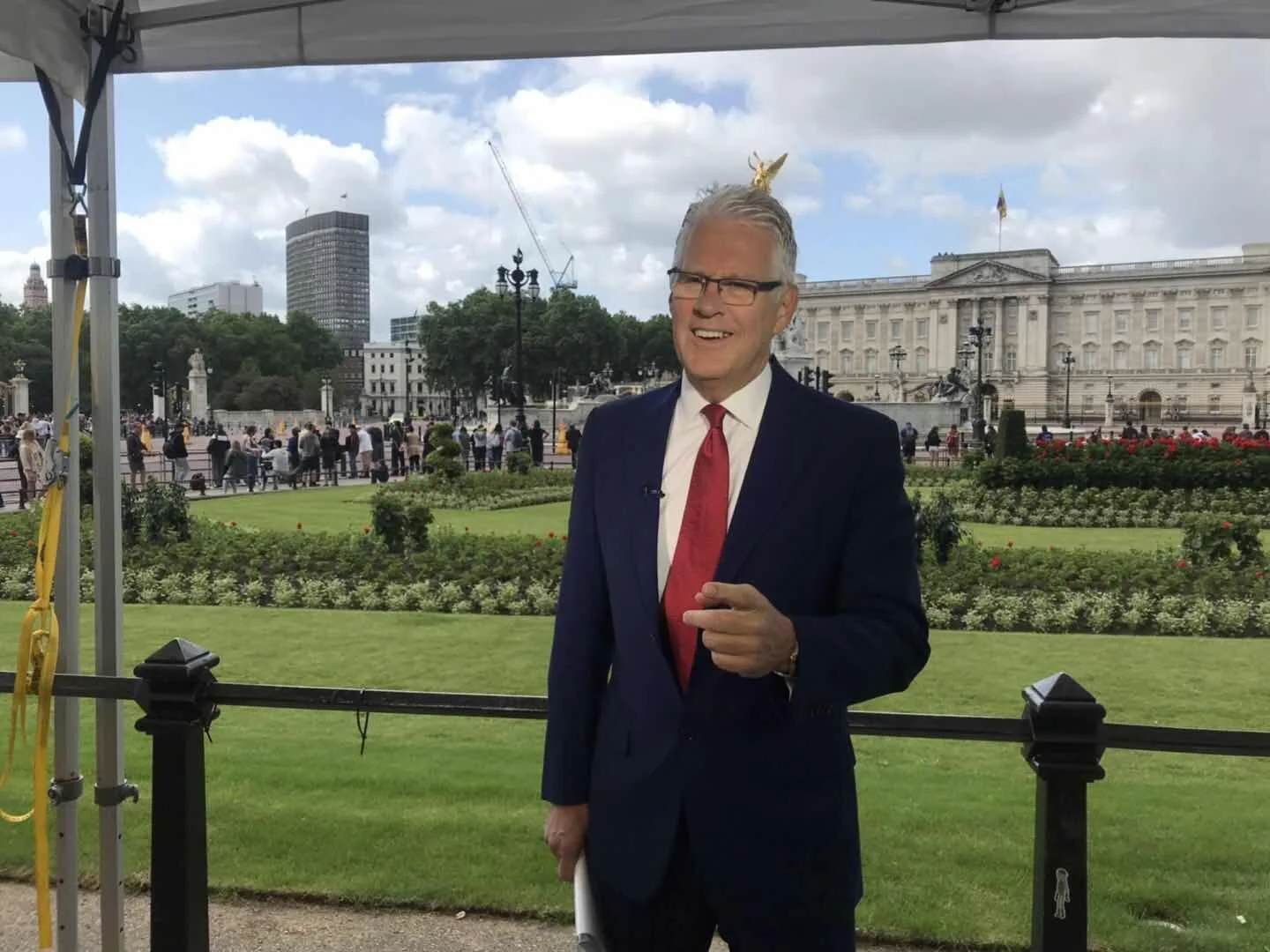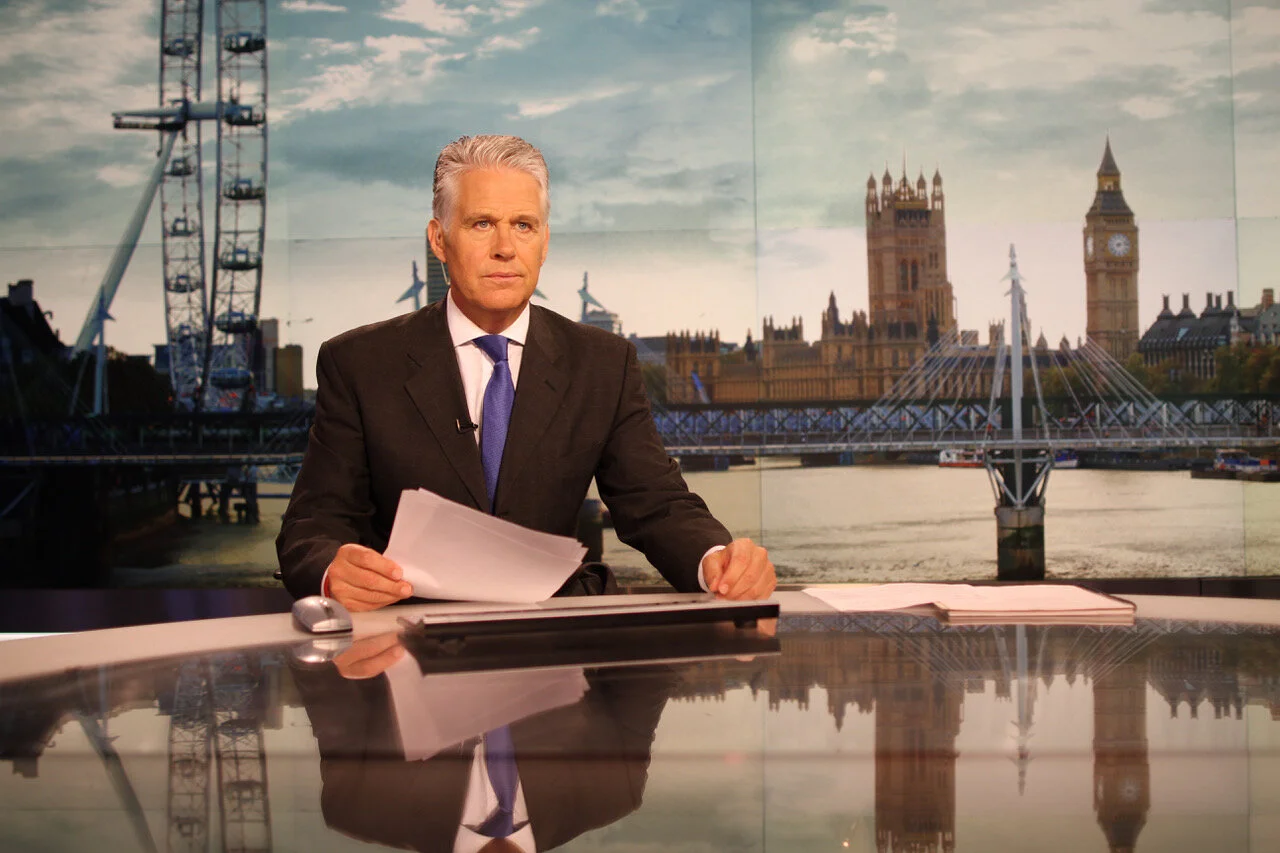Why Stephen Cole
Stephen Cole is an accomplished broadcast journalist and producer with over 45 years experience reporting on global affairs for the BBC, CNN International, Sky News, ITN, Al Jazeera and CGTN, both from behind the anchor desk and on assignment in the field.
Within the industry, Stephen is well-known for having a particular skill with media start-ups, having been headhunted in 2006 as lead anchor and senior correspondent for Al Jazeera’s then-new English language service, and in the year 2000 was the launch host of Click, the BBC’s premier technology show, which recently celebrated its 1,000th episode - 295 of those hosted by Stephen.
Such a skill set puts Stephen in high demand for international meetings, having chaired the General Conference of UNESCO, hosting the Global IT Summit with keynote speaker, former President Bill Clinton, and the World Economic Forum and World Science Forum in Geneva.
He is also a regular host of the Gulf Power Awards and the Eurasian Media Forum, as well as a judge for the Royal Television Society Awards and for the British Academy of Film & Television Arts (BAFTA).
Stephen brings his perspectives together in private lectures and after-dinner speaking engagements, with clients ranging from ultra high net-worth individuals, multinational businesses, governments and royalty to luxury cruise lines Cunard and Crystal, with a particular area of expertise being the Middle East and China. Please refer to the Lectures page for a list of topics.
About Stephen Cole
by Adam G. Stork
A huge rugby fan, as a native of Hereford in the Anglo-Welsh borderlands and a resident in London, Stephen has a natural affiliation for the Premiership rugby club the London Welsh, and has proudly served as its Board Director.
Stephen is the child of Mr. Brian Cole, a business owner, and Mrs. Patricia Cole (nee Smith), who served in the Women’s Auxiliary Air Force (WAAF) during World War Two at Bletchley Park, where she was tasked with decrypting and analyzing Luftwaffe signals.
An alumni of the independent Solihull School (founded 1560), Stephen received his National Council for the Training of Journalists (NCTJ) certificate from Cardiff University and went straight to work for the Caters News Agency, where his regular beat was national news and sports. His baptism of fire came within months of his hiring, covering the 1974 Birmingham pub bombings and the subsequent trials, an act of terrorism carried out by the Provisional Irish Republican Army (IRA) which killed 21 and injured 182 - the biggest terrorist attack on British soil between the Second World War and the London bombings of 2005.
It was in the 1980s that Stephen began his long association with the British Broadcasting Corporation (BBC), where he also met his future wife, Anne-Marie, a producer for BBC Radio 4. After decades of monolithic domination of the British news media landscape, in the 80’s the BBC was finally facing competition from upstarts like Sky News, where Stephen got his break into the coveted news anchor’s chair in 1989, a position from which he was a witness to history, covering the fall of the Berlin Wall, the collapse of the Soviet Union, and the Bosnian War.
In 1994, Stephen “jumped across the pond” and signed on as a news anchor with another upstart, CNN International, based in Atlanta, which had ambitions of competing with the queen of international news, the BBC World Service.
Three years later Stephen heard London calling, and returned as an anchor and producer for BBC World. During a strike of technical staff and journalists in 2005, he was brought in to fill possibly the most prestigious news anchor chair in the world, that of the flagship Six O’Clock News and Ten O’Clock News on BBC1 and BBC News 24. Reportedly, viewership was way up during his tenure, and the BBC duly recorded the receipt of fan mail, praising not only his professionalism but his seemingly ageless looks, prompting the tabloid press to dub him “Peter Pan”. Stephen’s reach during this period is reflected in his induction into the Museum of the Moving Image in Covent Garden, London, as a “Media Face of the ‘90s”.
In the year 2000, the BBC approached Stephen about creating a new show, giving him a choice of business or Information Technology (IT). It was a pivotal moment in the history of IT. The World Wide Web was barely six years old. Networked Personal Computers had become much more affordable, and mobile personal computing was in its infancy. Stephen foresaw the need for a new show to cover these important trends, and Click Online (since renamed simply “Click”) was born, with Stephen as the host.
The terms “digital native” and “digital immigrant” had yet to be coined, but Stephen was - and still is! - a digital immigrant. But most everybody was in those days, and this suited his role as host perfectly, as he would naturally ask the same questions of emerging technology that the average viewer would: how does it work? Why do we need this? What are its implications?
The digital immigrant perspective was combined with a keen journalistic eye for the story behind the story. In the very first episode of Click Online, a young staffer is sharing some cool new websites, some of which provide content at the cost of giving up personal information, like your email address. “Why do they want that?” Stephen asks, suspiciously. As all the world now knows, his suspicions at the time were well-founded.
A desire for new challenges and new horizons in subsequent years lead Stephen to two more scrappy media startups: in 2006 with Al Jazeera, for the launch of their then-new English language news service, with studios in London and Doha; and the Chinese Global Television Network’s (CGTN) London bureau in 2017, where Stephen is currently the host and executive producer of The Agenda, a weekly current affairs show covering a broad range of topics, which you can view here.
Stephen lives in London with his wife, Anne-Marie, and has three sons, Dominic, who works in finance, Daniel, an officer in the British Army, and Richard, a neuroscientist. They would say their dad tells the worst jokes in the world.





